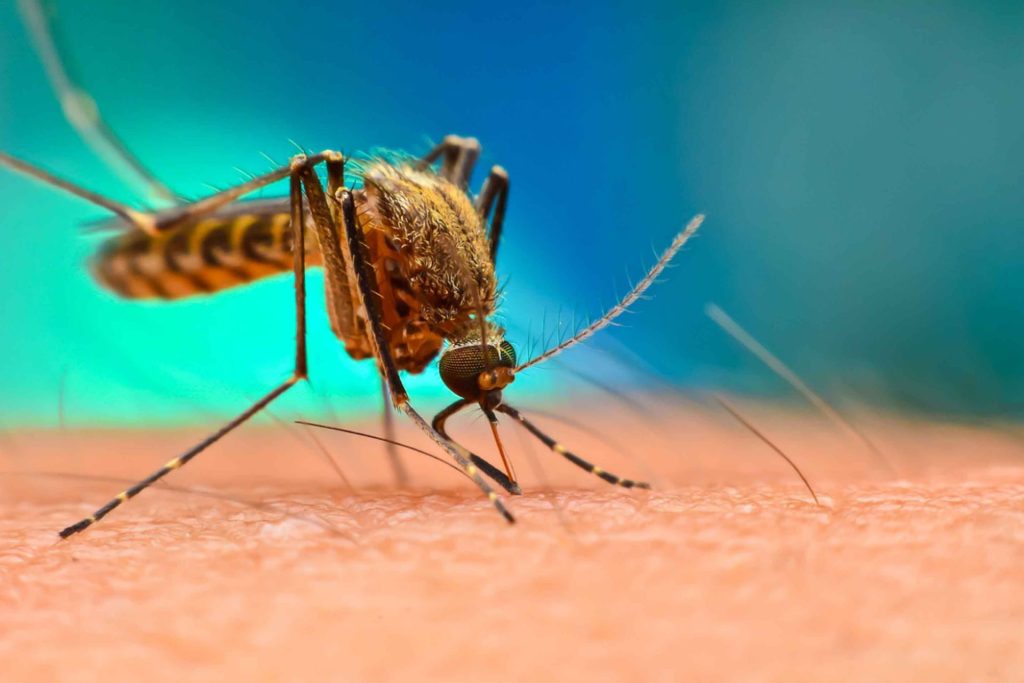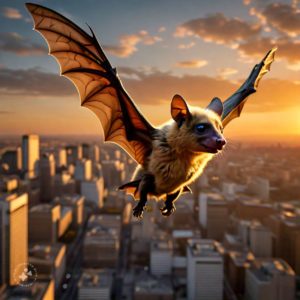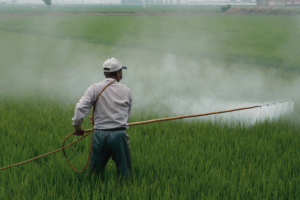As we approach the rainy season, we thought it appropriate to chat about malaria; what it is and how it is spread.
What does the word ‘malaria’ mean?
The word ‘malaria’ comes from Medieval Italian – ‘Mal aria’ – meaning ‘bad air’. This description came from the early belief that bad-smelling air caused the disease. Although bad air does not cause malaria, their description was not completely wrong since bad- smelling air was associated with swamps and marshes, which are perfect breeding habitats
for malaria mosquitoes.
So…what is malaria?
Malaria is caused by Plasmodium parasites that develop inside the Anopheles female mosquito. These parasites are only transmitted to people through the bite of an infected Anopheles female mosquito. There are 5 different Plasmodium parasites that can cause malaria in people. It is one of the biggest killers worldwide even though, when diagnosed in time, it can be easily treated. Recently, the parasite has become more resistant to the
available drugs.
What are the symptoms of malaria?
Malaria symptoms usually appear 10 days to 4 weeks after the infective mosquito bite. The first symptoms (fever, headache, chills, muscle aches, nausea and vomiting, and diarrhoea) may be mild and difficult to recognize as malaria. When coming back from a malaria area you should always consult your doctor when you have such flu-like symptoms, especially
when they persist.
What should I do when I think I have malaria?
It is recommended to confirm suspected cases before administering treatment. In South Africa, rapid diagnostic test kits for malaria can be bought in nearly every pharmacy and are very reliable. If the test is positive, one should immediately seek professional medical help.
What can I do to protect myself?
Before travelling to a malaria area, it is important to consult your doctor and ask for a proper prophylactic treatment scheme. Prophylactics are preventive drugs that you take a prescribed number of days before your trip, during your trip and possibly a few days afterward.
When you are in a malaria area, it is advised to protect yourself as much as possible against mosquito bites. Because malaria mosquitoes bite most often at dusk and during the night, it is best to wear clothing that covers your skin as much as possible, use repellents on exposed skin, turn on your air-con or fan and light a mosquito coil when enjoying a Gin & Tonic on
your deck!





